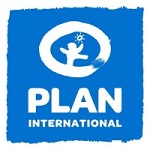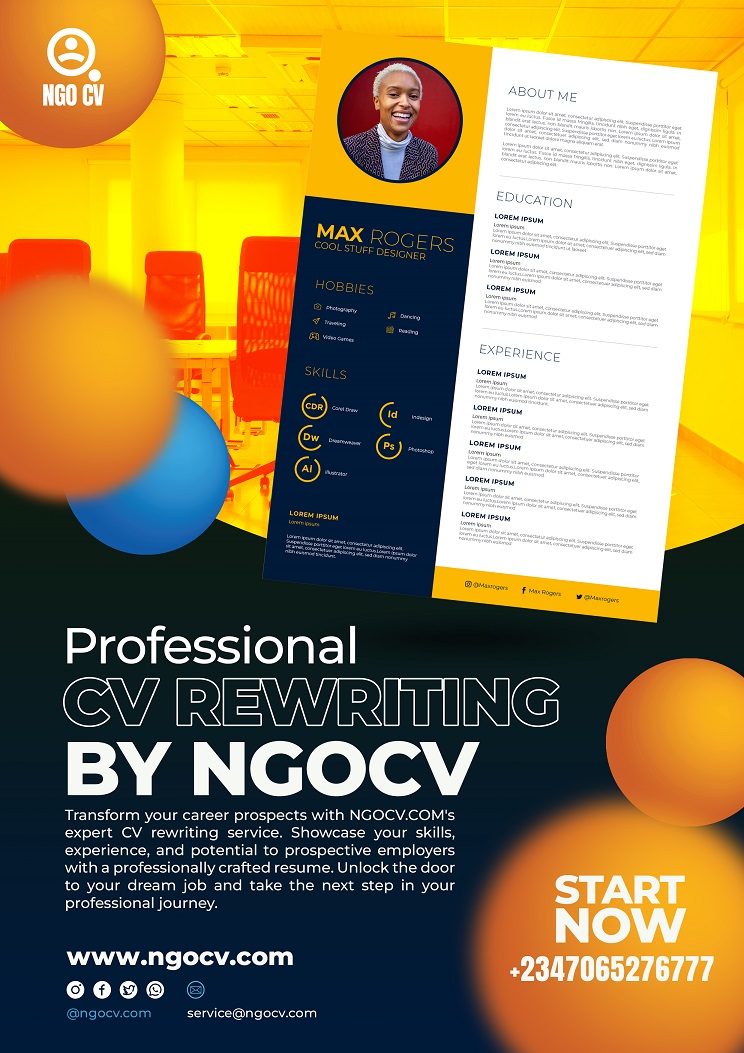
Plan International was founded over 75 years ago with a mission to promote and protect the rights of children. The organisation was set up by British journalist John Langdon-Davies and refugee worker Eric Muggeridge in 1937, with the original aim to provide food, accommodation and education to children whose lives had been disrupted by the Spanish Civil War. Langdon-Davies conceived the idea of a personal relationship between a child and a sponsor – a model that puts the child at the centre, and remains the core of what we do. Today, Plan International is a global organisation that is active in over 70 countries to advance children’s rights and equality for girls. Who We Are We work with communities around the world to end the cycle of poverty for children. We work with communities around the world to end the cycle of poverty for children. Founded over 70 years ago, Plan is a nearly $800 million organization often ranked among the top 10 international development agencies by reputation, size and scope. We work side-by-side with communities in 50 developing countries to end the cycle of poverty for children, developing solutions to ensure long-term sustainability. Our level of community engagement, long-term outlook and constant focus on the needs and priorities of children is unique among international development organizations. Our solutions are designed up-front to be owned by communities for generations to come and range from clean water and health care programs, to education projects and child protection initiatives. Community by community, Plan works to promise futures that are worthy of all children’s potential. Our Vision Our vision is of a world in which all children realize their full potential in societies that respect people’s rights and dignity. Our Mission Plan strives to achieve lasting improvements in the quality of life of vulnerable children in developing countries by: Enabling children, their families and their communities to meet basic needs and to increase their ability to participate in and benefit from their societies; Fostering relationships to increase understanding and unity among peoples of different cultures and countries; and Promoting the rights and interests of the world’s children.
- Experience 3 – 5 years
- Location Yobe
Background: Plan International Nigeria is implementing the BMZ ÜH Project to Restore the Peaceful Coexistence and Social Cohesion of the Population Affected by the Conflict in the Lake Chad Basin. With the aim to promote social cohesion through the rehabilitation of social infrastructure and the integration of IDPs and refugees, the project will ensure that adolescent girls and boys, as well as young women and men in Yobe state of Nigeria have access to appropriate and timely SRHR services and structures and also, that Community mediation structures are in place in the project areas in Cameroon, Nigeria and Niger to prevent and deal with conflicts between members of the com-munity and to promote non-violent and peaceful coexistence of the various different groups living there.
As of 2019, 7.1 million people (1.4 million women, 2.3 million girls and 1.9 million boys) need humanitarian assistance in north-east Nigeria. While there has been a decline in the number of people who need life-saving humanitarian assistance, there has been an increase in people who require longer-term development support, especially in Yobe where the situation has somewhat stabilized.
The health system has been majorly affected by the conflict with health workers, especially those not indigenous to Yobe, having fled to other states. Indigenous workers are generally reported to have temporarily abandoned their work places during spikes of insecurity with most returning when the situation improves. Moreover, according to security updates received by Plan, health facilities have been directly attacked, with insurgents taking away drugs, hospital equipment, ambulances and other vehicles. In addition, some hospitals have had to be closed for some time until the local situation normalized. It has been observed that movement for health workers and patients to access health facilities has been a major challenge due to curfews imposed by the security services (the Joint Task Force, JTF), which have contributed to a challenging environment for the functioning of, and access to, health services. Essential, often life-saving, medical services for GBV survivors are not available in many affected areas. Where health facilities do exist, they often lack the necessary equipment, drugs, and trained personnel to provide timely adequate treatment. In a Needs Assessment conducted in September 2018 by REACH in accessible areas of Yobe state, 72% of the non-displaced households, 69% IDPs and 74% returnees need health support. A recent rapid assessment conducted by Plan International Nigeria shows that all 10 Primary Health Cares (PHCs) in the targeted wards are neither adolescent nor disability friendly. There are no ramps and any of the 10 PHC meets the minimum standards for gender responsiveness and adolescent friendly centers, with no staff currently trained, lack of equipment, adolescent corners and inclusion of adolescents and youth in health facility and community decision making platforms and processes.
Method of Application
For the overall objective, Scope of work, expected deliverable,qualification of consultant, applications package , please. click on this link:https://tinyurl.com/baa4rrs5
Applications should be sent to [email protected] on or before Thursday 16th December, 2021 by 5:00Pm




